Holistic Facial and Skin Treatments: Personalized Care through Custom Formulation

Holistic Facial and Skin Treatments: Personalized Care through Custom Formulation
Revitalize your natural glow with our personalized Holistic Facial and Skin Treatments, designed to support your skin’s health while nurturing your overall well-being. These treatments take a gentle, non-invasive approach to skincare, combining natural ingredients, energy balancing, and mindful techniques.
Our Holistic Facial and Skin Treatments begin with a detailed skin consultation to understand your unique needs. We then tailor each session using botanical products, facial massage, and lymphatic drainage to promote circulation, reduce stress, and detoxify the skin.
What sets Holistic Facial and Skin Treatments apart is the focus on the whole person—not just the skin. We consider lifestyle, emotional health, and inner balance to address concerns like acne, premature aging, dullness, and inflammation at their source.
Ideal for all skin types, our Holistic Facial and Skin Treatments leave you feeling refreshed, radiant, and deeply relaxed. Each treatment is a peaceful, grounding experience that not only improves skin texture and tone but also calms the nervous system and restores energetic harmony.
Choose our Holistic Facial and Skin Treatments to transform your skincare into a self-care ritual that reflects your body’s natural rhythms and beauty. Holistic Facial and Skin Treatments
Shipping cost is based on weight. Just add products to your cart and use the Shipping Calculator to see the shipping price.
We want you to be 100% satisfied with your purchase. Items can be returned or exchanged within 30 days of delivery.




